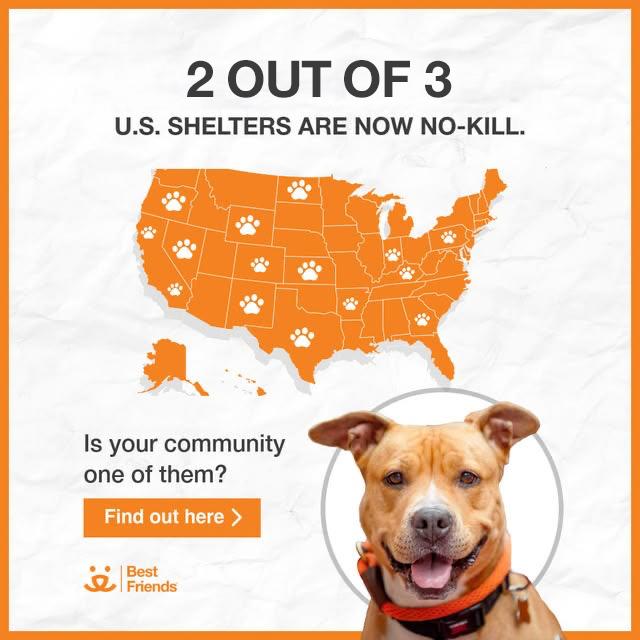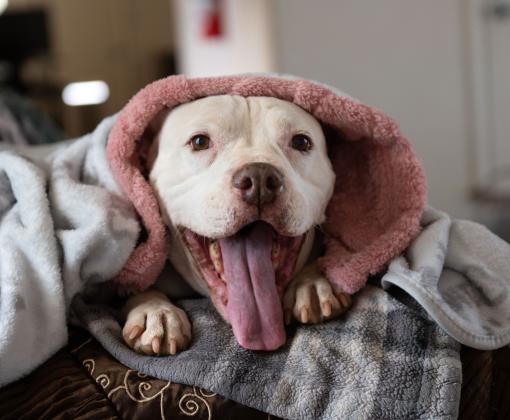
Dangerous Dog Laws: Keeping People and Pets Safe
We all want safe and humane communities for people and pets alike. Protecting people from dangerous dogs will always be a top priority, which is why public safety laws should focus on the behavior of the individual dog and their person, not on outdated misconceptions about certain dog breeds. This formula has proven effective by emphasizing public safety, personal responsibility, and individual accountability. The simple truth is that breed is not a factor in bites.
But reckless people are a factor. Bad care and training put everyone at risk. The best laws address the behavior of both people and their dogs, and they put regulations in place to restrain and restrict any dangerous dog. All problem or nuisance dogs should be sterilized because studies have shown that the majority of bite cases come from unneutered male dogs.
Breed restriction
Studies done in countries with breed-specific legislation, such as the United Kingdom, Spain, and Germany, found that these laws didn’t reduce the number of dog bites or improve public safety. Based on these studies and concerns about property rights infringement, the American Bar Association, the National Animal Control Association, and the American Veterinary Medical Association don’t support breed-specific legislation. Instead, they support laws that go after the real problem: the behavior of individual dogs and the behavior of reckless or negligent people.

See how your community is doing
Another problem with breed-specific laws: They interfere with people’s basic property rights. In America, every person who follows the safety rules for their dog should be allowed to have whatever breed of dog they choose. Several states now have legislation prohibiting breed restrictions, and one reason is that they violate property rights.
Scientific studies have proven that pit bull terrier-type dogs are just as safe and gentle as any other dog. In fact, they have ranked better than golden retrievers or border collies on temperament tests, according to the American Temperament Test Society. Given a loving home and caring people, pit bull terriers can be human’s best friend. There’s a reason they used to be called “America’s dog.” Instead of punishing innocent dogs, let’s hold people accountable and responsible for animals who are actually dangerous.
Safe communities
By working together, we can ensure that every pet receives a loving home. This humane goal is being achieved in many communities throughout the United States. Your community can achieve it, too, and Best Friends is here to help. For more information please contact action2025@bestfriends.org.
Breed-specific legislation fails because:
- It violates basic property rights.
- It focuses on the wrong thing.
- It's arbitrary.
- It's expensive.
- It's ineffective.
- It's not practical.
Click here to download and print this document. (PDF 370 KB)
